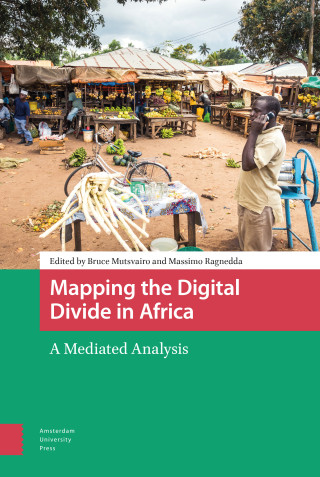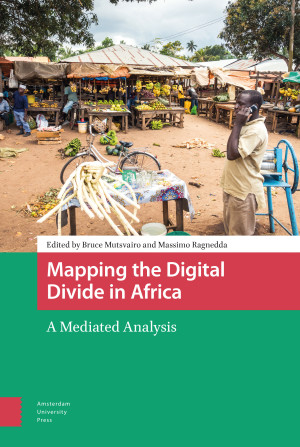"For many years ‘the digital divide’ has been a catchphrase, often with little analytical content. This book provides studies of how the concept can be understood within an African context. The different contributions address problems related to digital opportunities as well as inhibitions to growth; thus, it has implications for how to comprehend technological, political, economic, social, and cultural development in a wider world. Of particular importance is that the book provides a theoretical understanding as well as an account of the impact of different technologies such as mobile phones."
- Helge Rønning, Professor, Department of Media and Communications, University of Oslo, Norway
"You need to take a different perspective of both the digital divide and Africa to understand the complexity of social and digital inequality in Africa. The digital divide is different in every part of the world. Reading this book you will grasp the complexity of the social, cultural and political affairs of Africa that are reinforcing the digital divide. Surprisingly, while mobile telephony is booming here, ICTs are in fact only reinforcing existing social inequality."
- Jan A.G.M. van Dijk, Professor, Department of Communication, University of Twente, the Netherlands
"This is a timely and much-needed collection that fills an important gap in the literature. It offers excellent conceptual tools and a selection of case studies that provide a useful map of the digital divide across the African continent and between Africa and the rest of the world. I especially appreciate the editors’ efforts to address African issues on their own terms and to problematize interpretive paradigms from the global north. It is a book that many will look forward to reading. I will recommend it to my students."
- Pier Paolo Frassinelli, Professor, School of Communication, University of Johannesburg, South Africa

